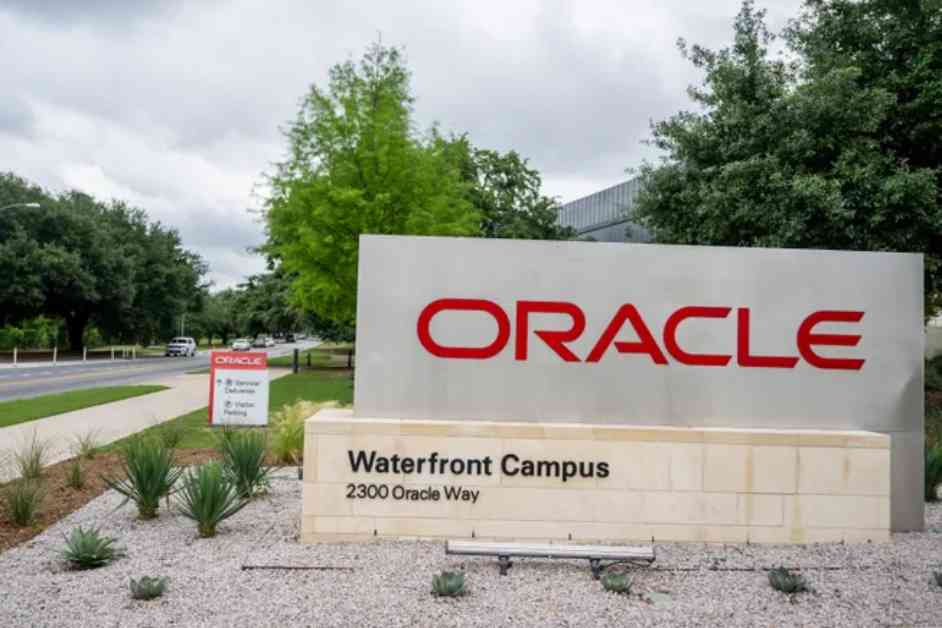Oracle Health, a division of the technology giant Oracle, recently announced its plans to apply for Qualified Health Information Network (QHIN) status under the Trusted Exchange Framework and Common Agreement (TEFCA). TEFCA, which was launched in December with five QHINs and added two more early this year, aims to facilitate health information sharing among various healthcare entities.
Becoming a QHIN involves completing technology and security testing, as well as agreeing to data sharing rules. Once designated, QHINs can participate in a network that allows for the exchange of clinical information across the country. Oracle Health’s decision to pursue QHIN status aligns with its goal of supporting data types not typically available in other exchanges, such as X-rays and MRIs. This move is crucial for advancing health data exchange and leveraging emerging artificial intelligence capabilities.
Oracle’s involvement in the CommonWell Health Alliance, which became a QHIN in February, underscores its commitment to interoperability and data sharing in healthcare. The company’s expansion into healthcare began with the acquisition of electronic health records vendor Cerner for over $28 billion. While the Cerner segment initially posed challenges for Oracle, executives are optimistic about its future growth.
In addition to its healthcare initiatives, Oracle is navigating an EHR rollout at the Department of Veterans Affairs. Despite some setbacks, the company remains focused on healthcare innovation. Chairman and Chief Technology Officer Larry Ellison revealed plans to relocate Oracle’s headquarters to Nashville, Tennessee, to capitalize on the city’s thriving healthcare industry.
Overall, Oracle’s application for QHIN status signals its dedication to advancing healthcare data interoperability and enhancing the exchange of clinical information. By participating in TEFCA and aligning with industry standards, Oracle Health aims to play a vital role in shaping the future of health data exchange in the United States.
